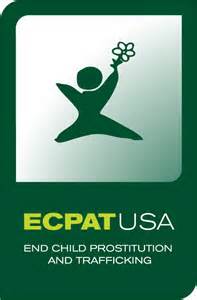
Regrettably, many human trafficking activities take place in hotels. On one occasion, I counseled a hotel management company that suspected that a prostitution business was being run out of a suite in one of its hotels. My client contacted local law enforcement, and eventually the FBI led an investigation that led to the arrest and prosecution of an international global trafficker. I counseled employees of the hotel before they testified at his trial. He was convicted and I believe is still in a federal penitentiary.
From the Assistant U.S. Attorney I spoke with during this engagement, I learned a few things about human trafficking activities in hotels. As one would expect, when a hotel is involved the “activity” is usually prostitution. Traffickers prefer hotels near airports because many of their customers (“johns”) are men passing through town on business travel. They also prefer extended-stay suite properties. A trafficker will check himself—along with the women (or girls) he traffics—into a suite and post ads on Craigslist and similar websites. Customers will be directed to the suite. Payment will be accepted in one room of the suite and the sexual activities will take place in one or more of the others.
A few years later, while attending the Hospitality Law Conference in Houston, I learned about a non-profit organization called ECPAT-USA—the U.S. affiliate of ECPAT International. The name of this organization explains its purpose. “ECPAT” is an acronym for “End Child Prostitution and Trafficking.” (It has been expanded to “End Child Prostitution, Child Pornography & Trafficking for Sexual Proposes.”) Last year, I was privileged to offer, at a meeting of the Academy of Hospitality Industry Attorneys, a presentation on this subject together with Michelle Guelbart, the Private Sector Project Coordinator of ECPAT-USA. Michelle provided some general information on the subject of child sex trafficking in hotels, as well as a “Tourism Child Protection Code of Conduct” that ECPAT-USA encourages companies in the travel industry to sign (and that several hotel companies have signed). I then discussed the potential liability faced by any hotel operator that witnesses signs of human trafficking in a hotel it manages but fails to respond. A copy of our presentation can be found here.

